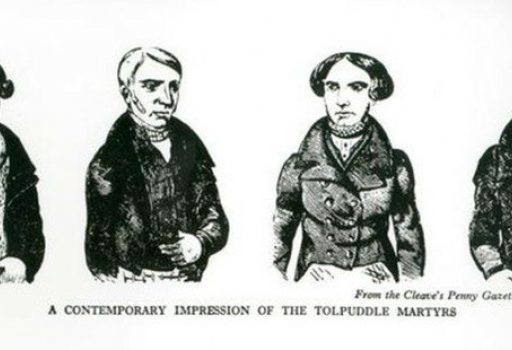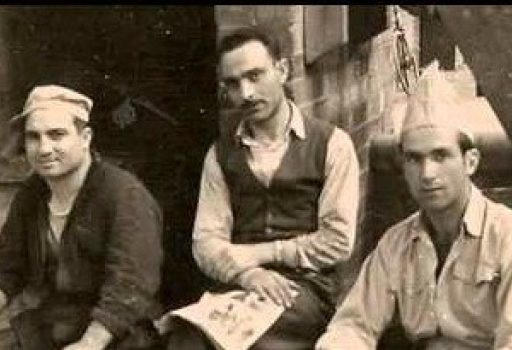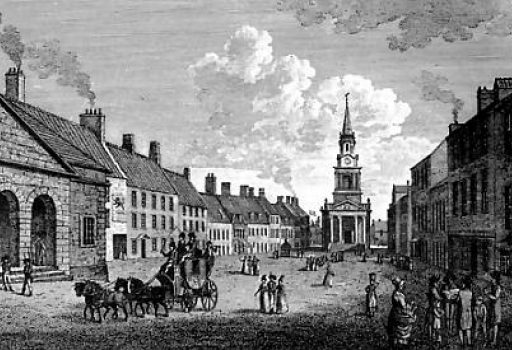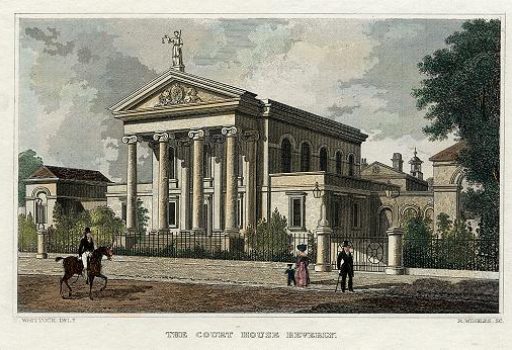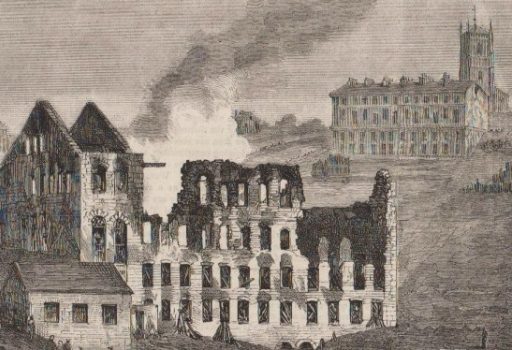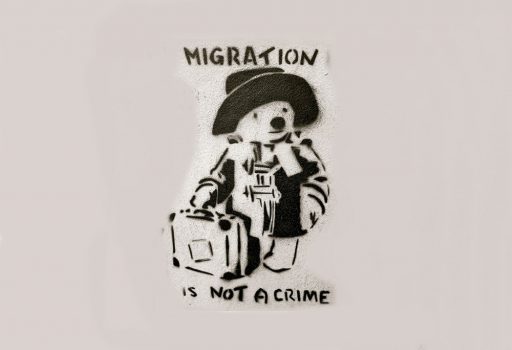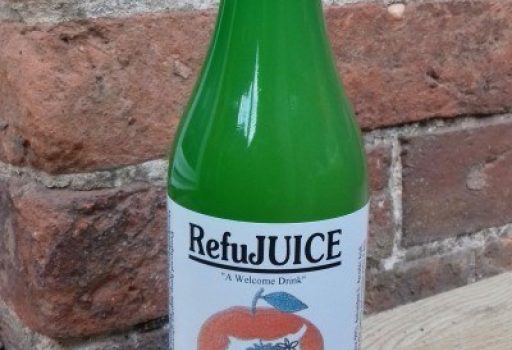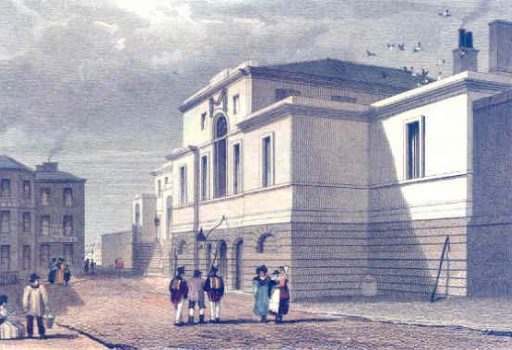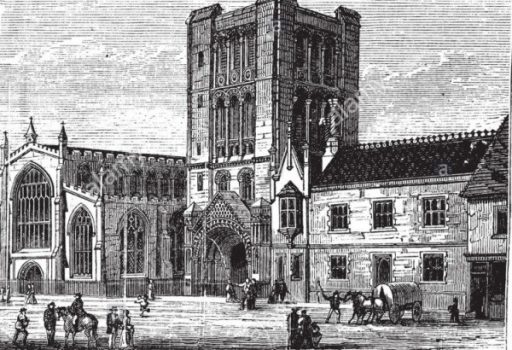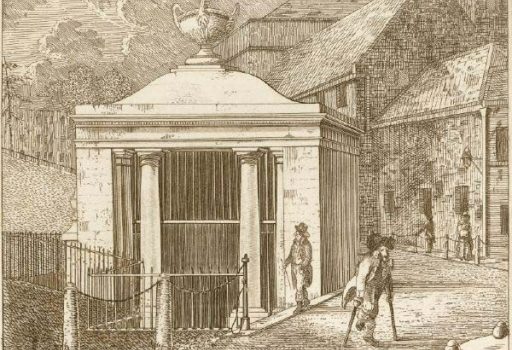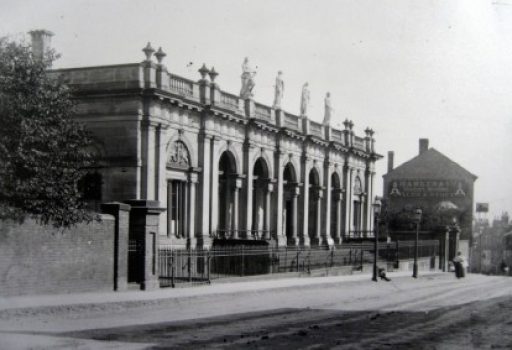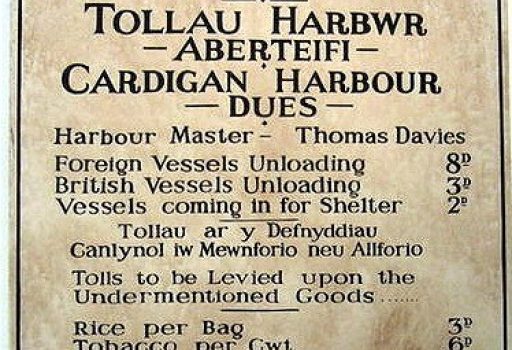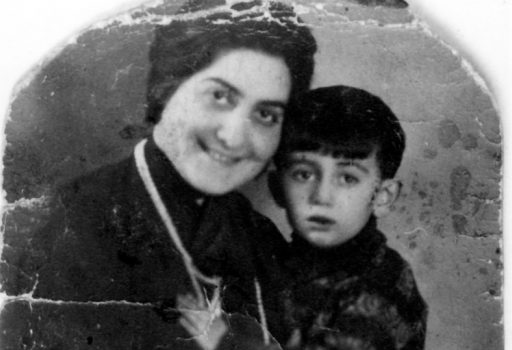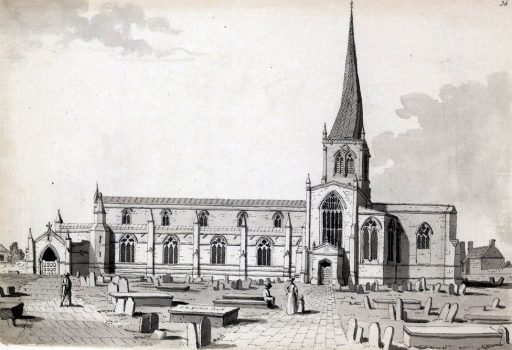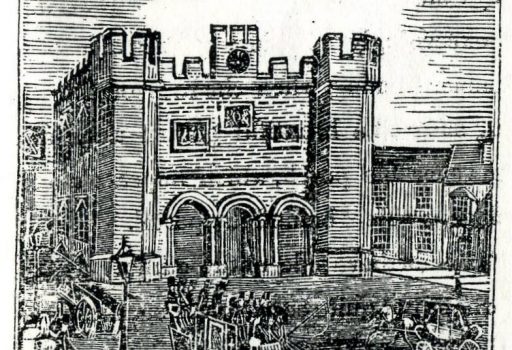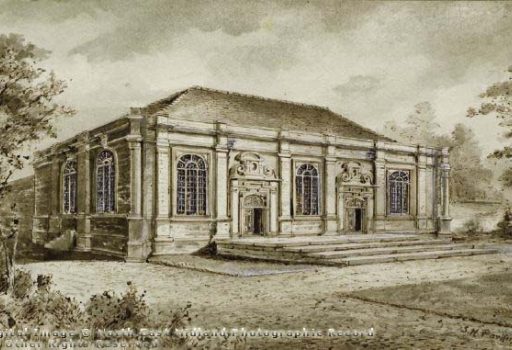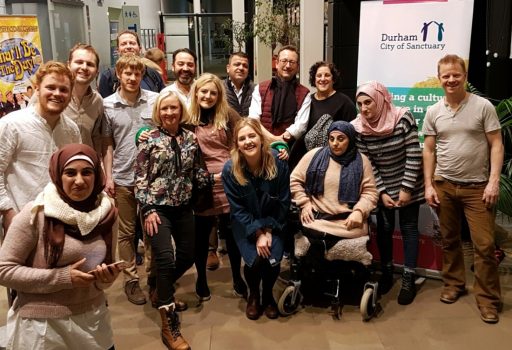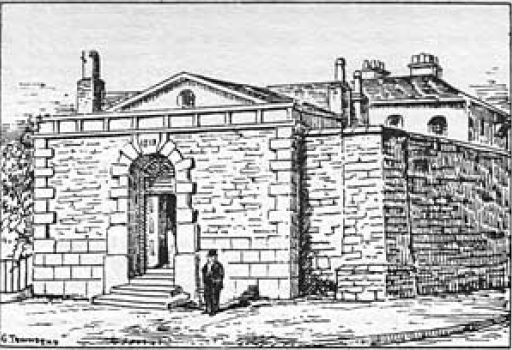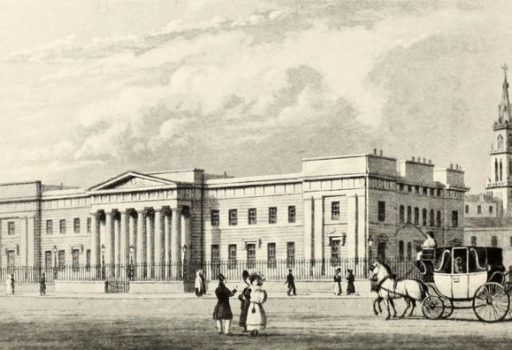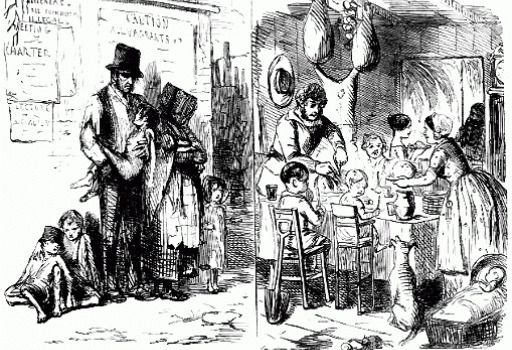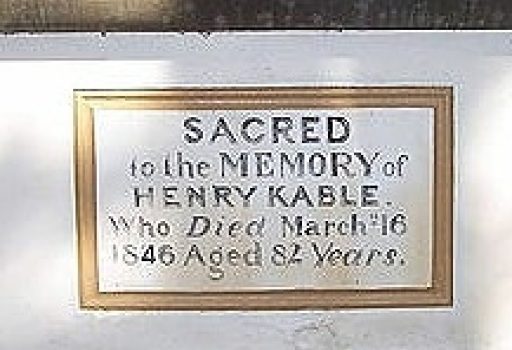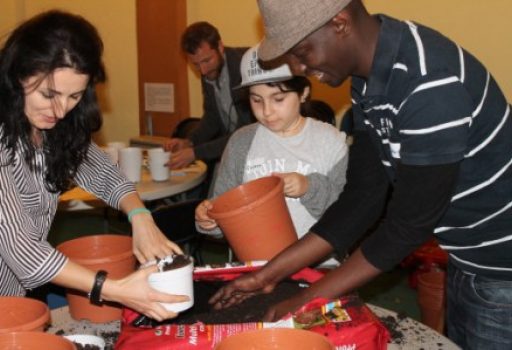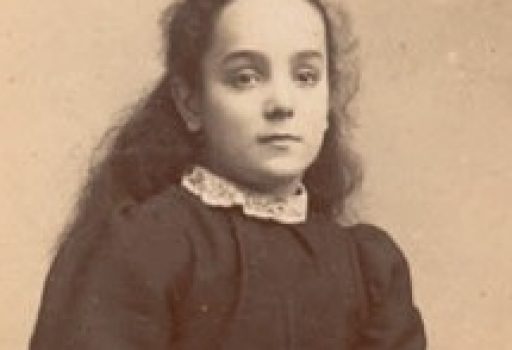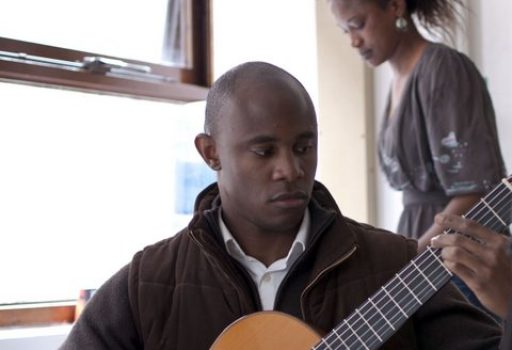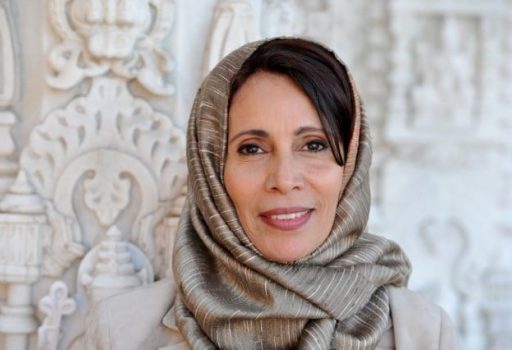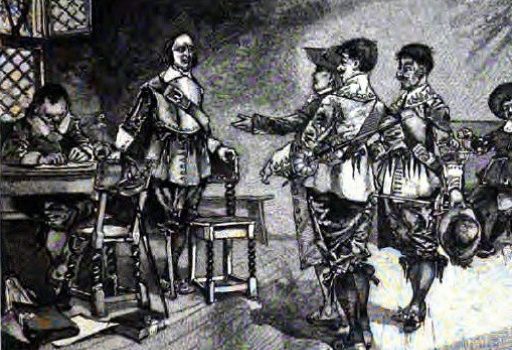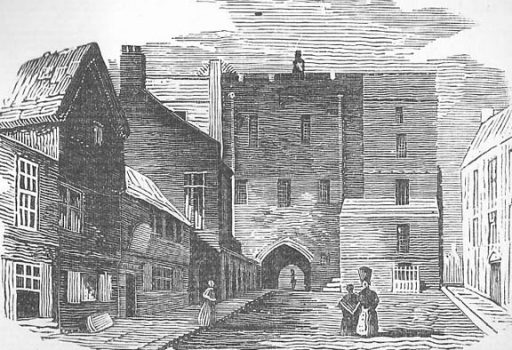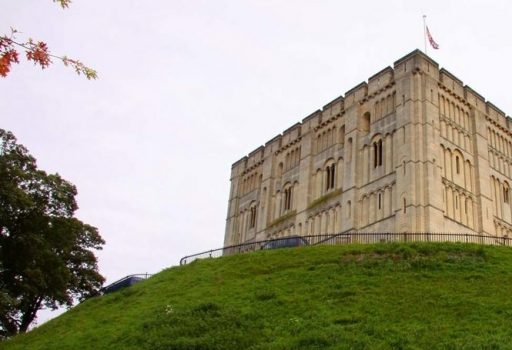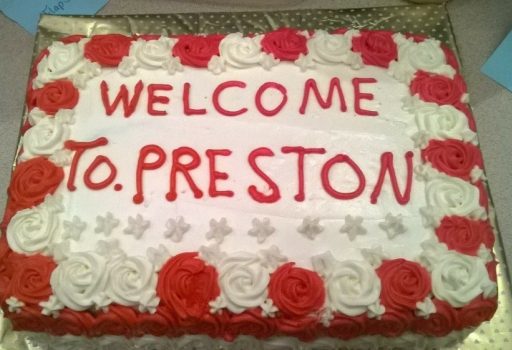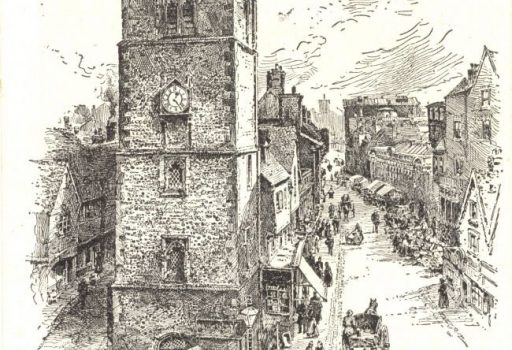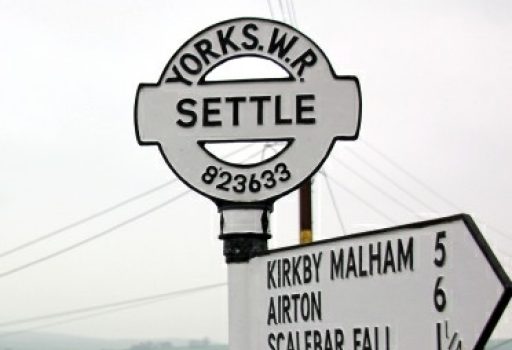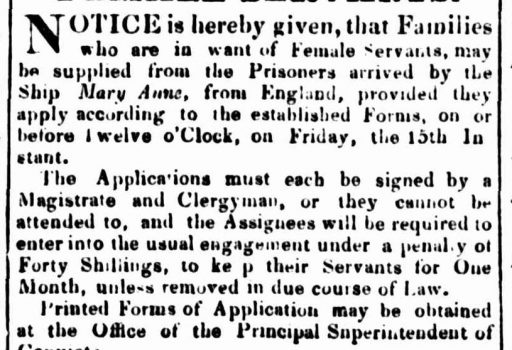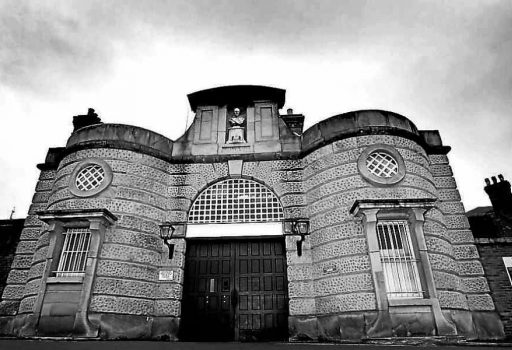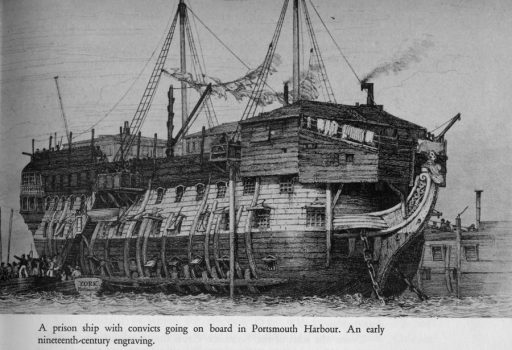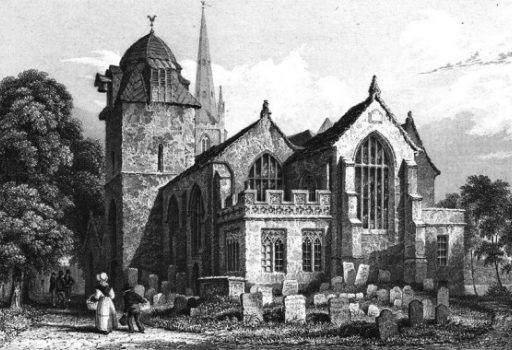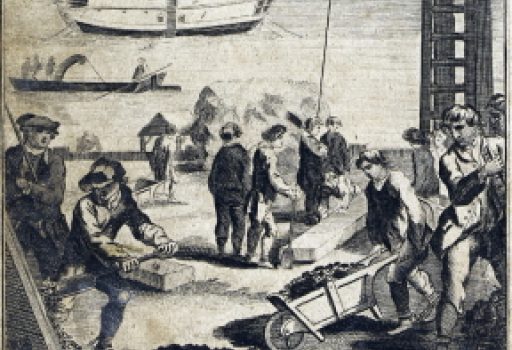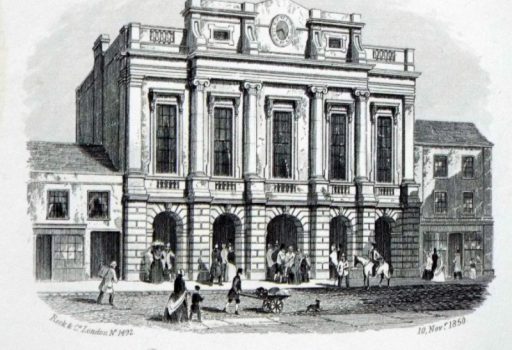Human Cargo comes to the Shire Hall in Dorchester on 13 June, performing in the very courtroom where the Tolpuddle Martyrs were banished to Australia. We're delighted to be joined by Verne Visitors Group and the Dorset Race Equality Council as our Parallel Lives partners for the show.
Set up to support migrants detained at the Verne, one of nine immigration ‘removal’ centres (IRCs) sprawled around the country, which the government now plans to close, the Verne Visitors Group also works to raise awareness of immigration detention.The Dorset Race Equality Council works to challenge racism, celebrate diversity and promote equality of opportunity for all in Dorset.
Any account of exile from Dorchester must start with the TOLPUDDLE MARTYRS. This group of Dorset farmworkers organised themselves, quite legally, to fight for better working conditions. Their Friendly Society was led by the preacher GEORGE LOVELESS and met in the house of his brother-in-law THOMAS STANDFIELD in the village of Tolpuddle. James Frampton, a local landowner and magistrate, took exception to working people making demands. In 1834 he had Loveless, Standfield and four others arrested on the trumped-up charge of making secret oaths. They appeared before the court in Dorchester – in the very room where we perform Human Cargo on 13 June – and were sentenced to transportation to Australia. This provoked mass outrage in England. 800,000 people signed a petition. As a result, the six men were pardoned and brought back from Australia, to become heroes of the trades union movement. Only one of them returned to Dorset, James Hammett, who died in Dorchester Workhouse in 1891.
West Dorset in the early seventeenth century was not the poorest of places, but weak harvests and low wool prices took their toll. Groups within the community decided to start a new life in another land. They tended to be artisans of middling rank, young men under 30, skilled, not without prospects, but wanting change. Many were spurred on by Puritan beliefs, which bred hope of deliverance and provided a community for travelling. They left in a succession of small ships from Weymouth, heading initially for Salem in the new land of Massachusetts. In 1630 the Mary and John set sail. On board was MARY SANDFORD, a 42-year old-widow from Dorchester, accompanied by her son Henry. They had been recruited with others by the Reverend John White of their town. These 140 emigrants together founded a new settlement in what is now part of Boston. They called their settlement Dorchester.
On 8 August 1792 a ship called the Bellona set sail from Gravesend. Only 113 foot long, she brought one of the first cargoes of free settlers to New South Wales. Five years before, the First Fleet of convicts had set out to create the penal colony. What little news that came back from the settlement was mostly bad – hunger, disease and discord – but this didn’t deter the first batch of voluntary emigrants. Some may have been encouraged by the Governor’s urgent plea for farmers – incredibly, only one person within the First Fleet had known anything about agriculture. Among the pioneers was a large farming family from Blandford – THOMAS & JANE ROSE and their four children, along with their teenage niece Elizabeth and her one-year-old daughter. Possibly Elizabeth’s child was borne out of wedlock, and this had encouraged their emigration. Also aboard were 17 women convicts, many of similar age to Elizabeth. The ship would have been a welcome sight on arrival at Port Jackson on 16 January 1793, for it brought rum, port and tobacco - as well as the farming skills, and young women.
